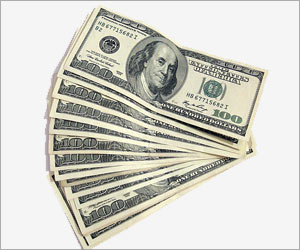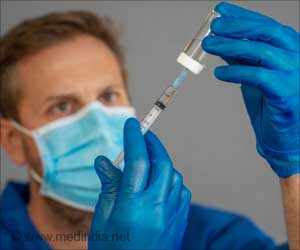It turns out that this decision, though well-intentioned, was misguided.
“Early in the pandemic, we had this massive outcry for businesses to stop using cash; all these businesses just followed this advice and said OK we are credit card only,” said study author Richard Robison, a BYU professor of microbiology and molecular biology.
SARS-CoV-2 on Dollar Bills
The study published in PLOS ONE concluded that the use of credit and debit cards over cash as a Covid-19 prevention measure is not advisable.
For the study, the team analyzed a bunch of $1 bills, quarters, pennies, and credit cards and inoculated the money with SARS-CoV-2. The cash, coins, and cards were then sampled and tested for virus detection at four-time points afterward: at 30 minutes, four hours, 24 hours, and 48 hours.
SARS-CoV-2 was difficult to detect on the dollar bills even just 30 minutes later. The team found the virus was reduced by 99.9993 percent at the 30-minute mark. After 24 and 48 hours, they tested again and found no live virus on the banknotes.
In contrast, the virus only reduced 90 percent on money cards at the 30-minute mark. While this reduction rate increased to 99.6 percent by four hours and 99.96 percent by 24 hours, the live virus was still detectable on the money cards 48 hours later.
The coins performed similarly to the plastic cards, with a strong initial reduction in virus presence, yet still testing positive for the live virus after 24 and 48 hours.
Source: IANS



